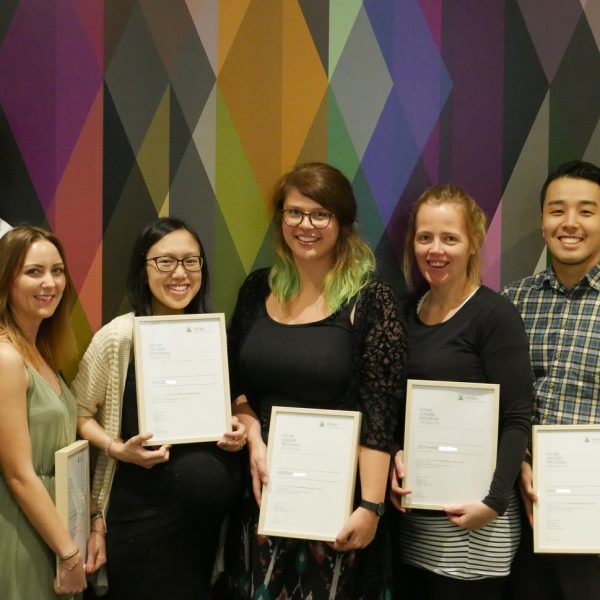Support your top performers by asking one key question twice

Early childhood education and care (ECEC) teams often feature some standout performers. Whether it’s dealing with complex relationships, building rapport with those working under them, or driving enrolments, each team will feature core individuals without whom the service couldn’t thrive.
Typically these top performers are the ones who are reliable and willing to step in to fill any gaps. They are often considered to be the ‘backbone’ of the team, and are relied on by many to ensure the job gets done.
For managers and other leaders, the temptation to leave the top performers to it, knowing they are capable and strong, can be high, while their energies get directed to underperforming team members, or those new to the organisation who need more support.
This, leadership experts say, can be a mistake. High-performing employees need attention and support to continue performing and growing in their careers.
Without personalised attention, and ongoing support, even the most self-sufficient employees can struggle, feel neglected, seek support elsewhere, or even leave. At its worst, this abandonment can leave high performers suffering from burnout and choosing a new path.
Creating environments for top performers to thrive
Top performers thrive in nurturing environments, where a culture of psychological safety is present, and where it’s safe not only to question the status quo, but also to experiment. Meaningful feedback is particularly important for top performers.
When the environment is right, top performers maintain their momentum, encouraging the rest of the team. Research has shown that workplaces which make spaces where employees are comfortable making informal suggestions, seeking help, or challenging the existing ways of doing things are quicker to adapt to change and drive innovation.
The one question that yields the most from top performers
One of the reasons top performers are so valuable is because of their tendency to take on tasks outside of their scope – but it’s this willingness which can also lead to them having higher workloads, which can easily become unmanageable.
In operational cultures where there is a lack of psychological safety can prevent them from communicating their needs. In a workplace culture where asking for help is seen as a sign of weakness, they may be reluctant to seek support.
Regular check-ins are vital for top performers to protect them from burnout, as is a willingness by leaders to listen and be consistent with checking in.
The answer to one key question — How’s work for you right now? — can be a strong signal to wellbeing and performance. Short responses such as “fine” or “okay” should serve as a signal for leaders to ask again.
Introducing the question a second time — and showing genuine interest in their response — invites employees to share their needs, frustrations, ambitions and goals.
When leaders push through the short answers and look deeper, they are empowering their top performers to ask for help, and gives them confidence that you’re a leader who is there for them, and will keep checking in to see what else they may need.
Giving top performers the opportunity to be pushed beyond “fine” response also gives the leader the opportunity to gain access to resources, learning opportunities and mentoring to help them stave off burnout and achieve success in a more well-balanced way.
Once leaders have insight into what their top performers need, they could then give them access to more varied tasks, remove tasks, or restructure workloads to beat burnout.
Ultimately, when top performers are well supported through authentic check ins and timely responses, they are more likely to continue giving their best. Taking the time to dig a little deeper into short responses can yield stronger results in the long run.
This article has been based on a piece written by Bailey Showalter, VP of Product Ecosystem Partnerships and Solutions at Pearson. Access the original here.
Popular

Economics
Policy
Provider
Workforce
Prime Minister Albanese backs Tasmanian Labor’s childcare plan, highlights national early learning progress
2025-06-30 10:42:02
by Fiona Alston

Economics
Provider
Quality
Practice
Policy
Workforce
South Australia announces major OSHC sector reforms aimed at boosting quality and access
2025-06-30 09:49:48
by Fiona Alston

Events News
Marketplace
Practice
Provider
Quality
Research
Workforce
How do you build and keep your dream team? ECEC Workforce and Wellbeing Forum tackles the big questions
2025-06-24 15:20:53
by Fiona Alston












